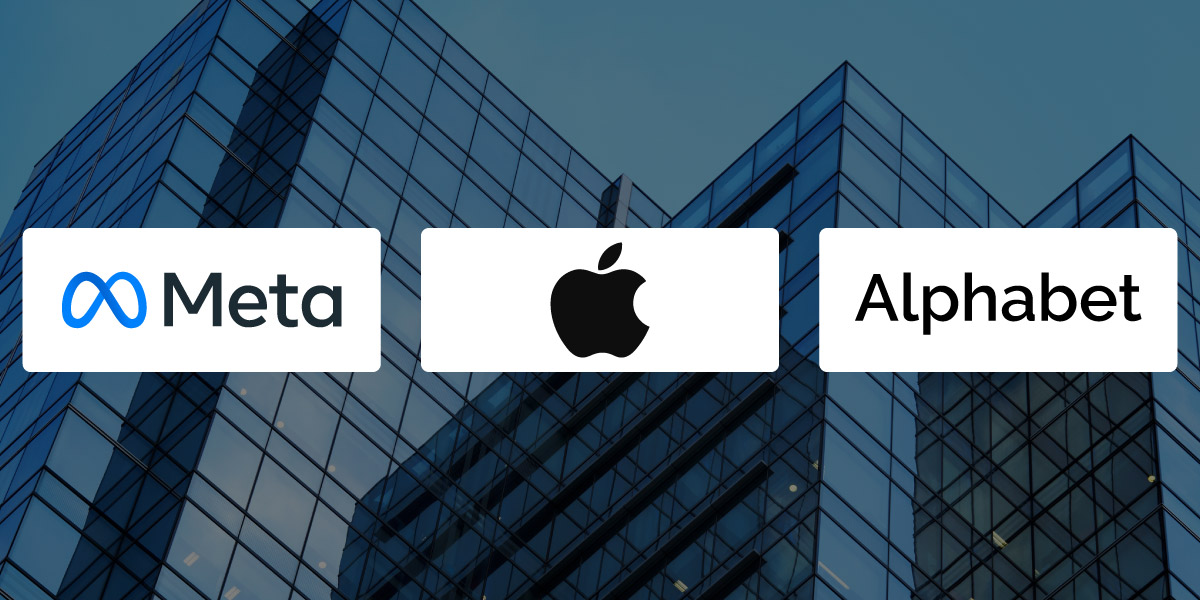
More on News
PM Modi Discusses Role of Technology in Agriculture, Education, and Health with Bill Gates
-
Team Eela
The European Union has approved the world’s first comprehensive set of AI laws. This decision marks a pivotal role in the tech industry, building crucial guidelines for the rapidly evolving field of AI.
The EU AI Act, born in 2021 and now approved by the European Parliament, categorizes AI technologies based on their level of risk, ranging from “unacceptable” to low hazard. This AI law aims to balance innovation while protecting fundamental rights, leading to a new era where AI will be governed by legislation.
Thierry Breton, the European commissioner for the internal market, wrote on X: “Europe is NOW a global standard-setter in AI.” President of the European Parliament, Roberta Metsola, described the act as revolutionary and said it would foster innovation.
The road ahead remains challenging. While the agreement represents a significant achievement, the focus now shifts to effective implementation. Dragos Tudorache, the lawmaker overseeing EU negotiations, underscored the importance of turning these AI laws into practical reality.
The EU’s proactive stance on AI laws comes amid growing concerns over its potential misuse, particularly in areas like deepfakes and election interference. By setting clear guidelines, the EU aims to ensure that AI serves as a force for societal progress while remaining under human control.
Moreover, this move follows the EU’s recent enforcement of landmark competition legislation aimed at ruling U.S. giants. The Digital Markets Act empowers the EU to tackle anti-competitive practices and promote fair competition in the digital sphere.
Legal experts view the EU AI law as a significant milestone in international AI regulation, with the potential to inspire similar initiatives worldwide. “Once again, the EU has moved first, developing a comprehensive set of regulations,” said Steven Farmer, partner and AI specialist at international law firm Pillsbury.
However, Emma Wright, partner at law firm Harbottle & Lewis, expressed concerns regarding the potential for the act to become outdated amidst the rapid evolution of technology.
“With the pace of technological advancements, as shown with the launch of generative AI last year, there’s a risk that the EU AI Act could become outdated, particularly given the timelines for its implementation,” she said.

More on News

More on News